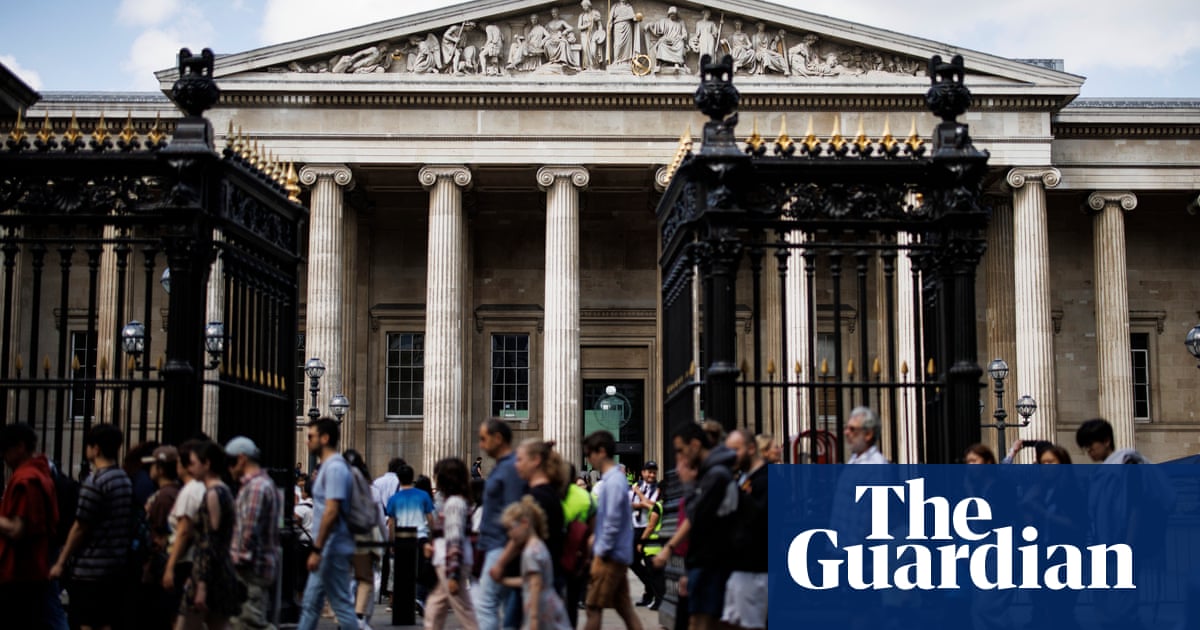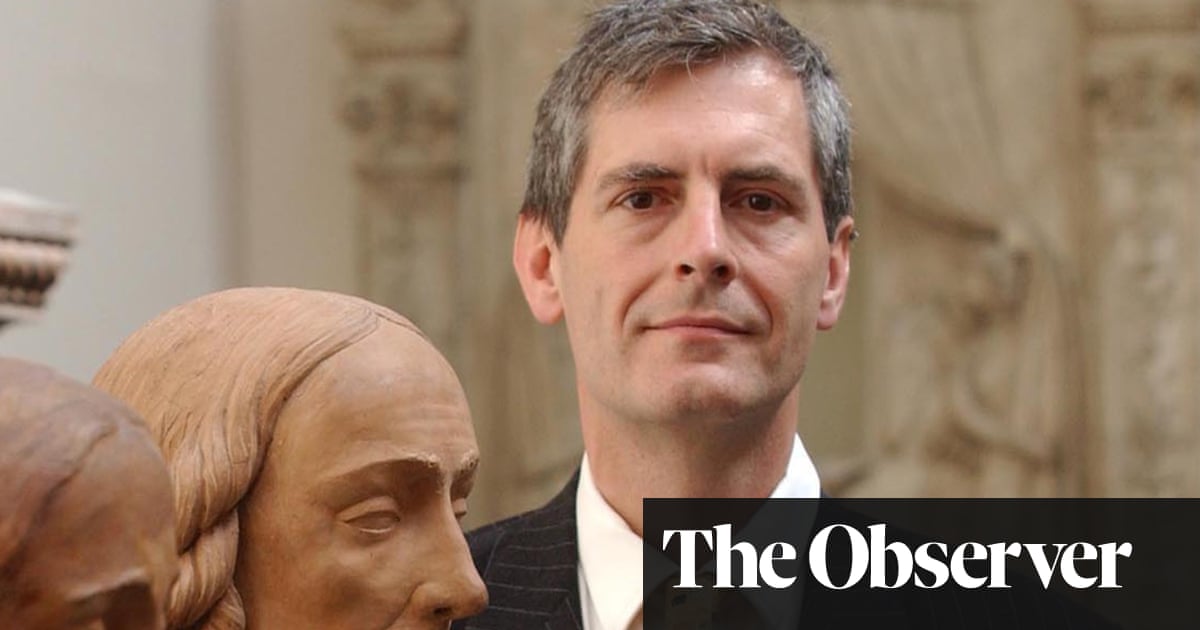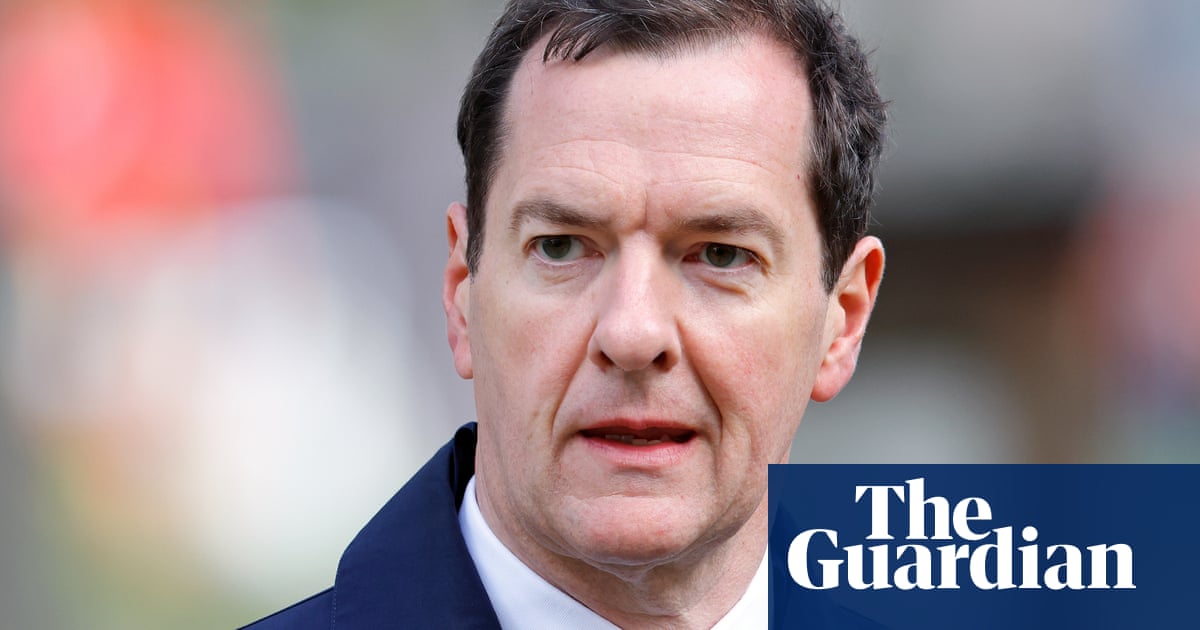
When the British Museum begins its search for a new director this autumn, it may find that candidates have as many questions for the venerable institution as the interview panel puts to them.
The person appointed to succeed Hartwig Fischer, who announced last month that he would step down next year, will face immense challenges after a disastrous few months for the museum.
When Fischer, who has been director since 2016, announced his departure, George Osborne, the former Tory chancellor who is the museum’s chair, praised him as “a person … who has given everything to the British Museum over these years”.
But the museum has made headlines recently over controversies that are damaging its global reputation.
Foremost is the unresolved issue of the Parthenon marbles, also known as the Elgin marbles, amid continued calls for the ancient sculptures to be returned to Greece.
The 2,500-year-old sculptures were taken from the Parthenon temple in Athens from 1801 to 1812, and shipped to England by Thomas Bruce, the 7th Lord Elgin. They were later bought by the government and handed to the British Museum.
The Greek government has frequently demanded their return. But although there have been secret talks between Athens and the museum, the latter’s position is that at best it would only loan the treasures to Greece.
Other museums have returned artefacts that were taken, sometimes by force, from their places of origin.
Ancient bronzes looted 125 years ago by British troops in Benin City, in what is now Nigeria, have been returned by the Horniman Museum in south London, Jesus College Cambridge, and the University of Aberdeen. But the British Museum has resisted calls to hand back its Benin bronzes.
Another controversy that has loomed over the museum is its sponsorship deal with the fossil fuel firm BP. Environmental activists have repeatedly staged protests in the museum’s Great Court.
In June, it emerged the museum had bowed to pressure, ending BP’s 27-year sponsorship, following the lead of other cultural institutions including the Tate, National Portrait Gallery, Royal Shakespeare Company, Scottish Ballet and Royal Opera House.
It has since faced demands to remove BP’s name from its main lecture theatre to send a “powerful message” about fossil fuel sponsorship.
In the same month, the museum was engulfed in a row after a Chinese translator accused it of plagiarism.
The museum apologised for “unintentional human error” and offered Yilin Wang payment.
This week, the museum revealed it had sacked a member of staff and called in the police after it found that old jewellery and gems of semiprecious stones and glass dating from the 15BC to AD19 were missing from its collections.
Since issuing a statement on Wednesday, the museum has refused to give further details, saying it was constrained by a police investigation. It has launched an internal review of security to be completed by the end of the year.
As Fischer prepares to leave, the key public face of the museum is Osborne. His appointment as chair in 2021 after he hadpresided over swingeing austerity cuts to England’s arts and museums budgets caused an outcry.
The museum’s governance principles and procedures say: “The chair will lead the process for the appointment of the director, but his or her appointment remains the responsibility of the trustees as a whole and is subject to the approval of the prime minister.”
A bulging in-tray awaits the successful candidate.












